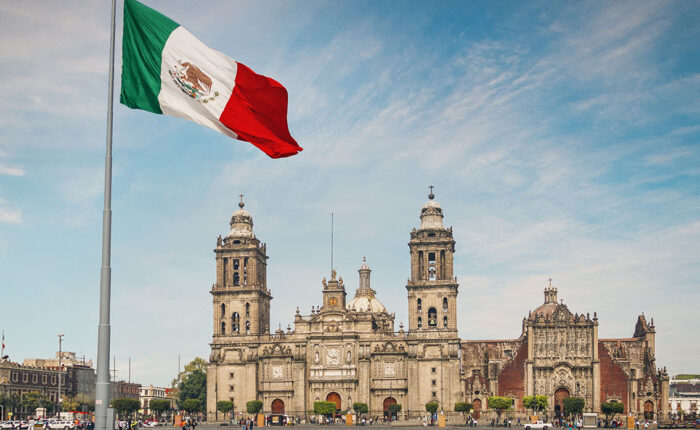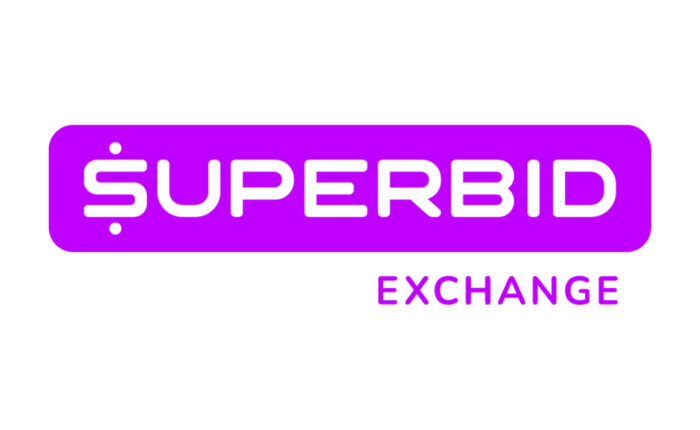The non-chosen battle
No industry or company is safe from technological changes; the obligation to update in order not to lose a part in the market.
Among other effects, the technological revolution made it possible to lower entry barriers and the emergence of new competition: «This implies from the loss of competitiveness to the reduction of share. Disruptive companies appear that leverage their business model entirely on technology, taking over the market,” Hervé Odiard, redbee´s CTO, said. Despite the threatening panorama, digital transformation is the answer, regardless of the sector or size: “It is the only way to explore new business models before the competition,” said Diego Lozano, Chief Sales Officer of Grupo ASSA.
Specialists agree that not taking the digital journey is dangerous: “They may not do it, but they can’t prevent the rest from doing it,” said Javier Porretti, Softek’s commercial director for South America. “The main risk is an immovable scheme and a low level of profitability, surpassed by companies that innovate in their business model,” said Luis Píccolo, Vice President of Sales at Level3.
Within the framework of the conference “The second digital wave in business” organized by IAE and WPP, the analysis added an ingredient to the scenario: an increasing data density and more and more connected devices: “Information allows us to obtain more participation within the market and more personalized experiences. It is the customer revolution, the center of the new strategy”, said Guillermo D’Andrea, academic director of the IAE Business School.
Companies face the challenge of deciding when and how to ride the wave: “It is not an optional scenario. Improving the customer experience is a requirement”, underlined Federico Tomas, BO & HCM of the VP division of Extend IT.
In this sense, banks take note. In the case of Banco Supervielle, the application for checks allows deferred payment checks to be discounted in advance with immediate accreditation from the cell phone: “Through the device’s camera, users will be able to load checks, validate them and close discount operations”, explained Lucas Juri, head of the Digital Innovation Unit at Grupo Supervielle.
For the private capital bank Bind (Banco Industrial), the incorporation of web and mobile banking was disruptive: “It brought us closer to a collaborative model between banks and fintech,” explained Alejandra Rodríguez, Systems Manager at Bind.
In the case of La Anónima supermarket, the chain needed to go digital to incorporate categories that they could not offer in their physical stores, such as household appliances. At the end of October 2015, the e-commerce store was already online: “Purchasing is online and collection is through a branch, all physical stores are integrated,” explained Patricio Traverso, CEO of Clastia, the firm in charge of developing. “The intention was to leverage the growth of the digital business and in September sales increased 50% compared to June,” explained César González, head of Online Business at La Anónima.
Digital Leadership
“What we detect is that managers or CEOs know they need to incorporate technology,” said Germán Torres, director of Business Solutions at Snoop Consulting.
“At present, organizations are agents of change,” said Hernán Estrada, Regional CMO The Walt Disney Company Latin America. The company warned that a large part of its content consumers accessed them through content subscriptions through mobile operators. “We decided to launch our digital content on that platform through the subscription model. The proposals contemplate original developments or adaptations, with different formats and targets”, said Ezequiel Abramzon, VP of Disney Interactive The Walt Disney. Thus, they reached millions of subscribers in the region: “The new business generated profits at a marginal cost and thus we reached a key audience,” he added.
Experts agree that a digitization process means a huge cultural change in the organization. “It is learning a new way of doing things, and using new work tools, implies a committed team and motivation of the leaders,” explained Guillermo Castelli, CEO of the firm Quadminds.
In 2011, FOX Networks Group Latin America launched its digital service on demand as a complement to the TV offer, which led to a transformation process: “It involved adjusting processes, redesigning team structures, training with new tools, renegotiating content rights. New technologies were incorporated, including platforms to provide online video within our applications, and we closed agreements with companies to distribute content. We learned to develop multi-platforms”, explained Juan Solá, Senior Vice President of the Digital area of FOX Networks Group Latin America. Today the FOX app has movies, series and live sporting events. “It is available in more than 20 countries in Latin America, more than 6.5 million users consume content annually on our platform,” he added.
In short, in the face of digitization, the first challenge is unanimous: to set up a culture that is permeable to change: “A permanent review of opportunities and constant measurement of management indicators,” concluded Blas Briceño, CEO of Finnegans. Others are based on this change, the construction of digital capabilities and the integration of disruptive tools into service or production processes.




